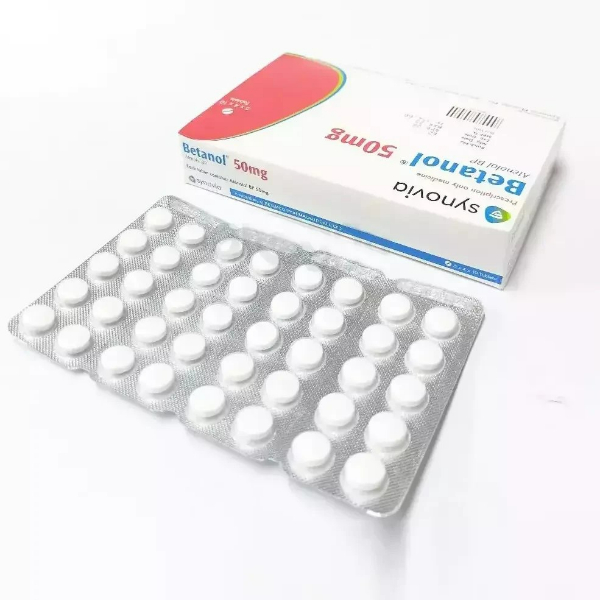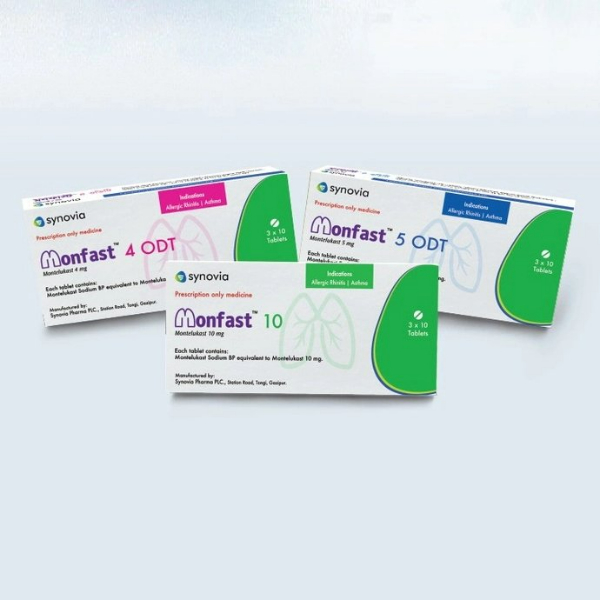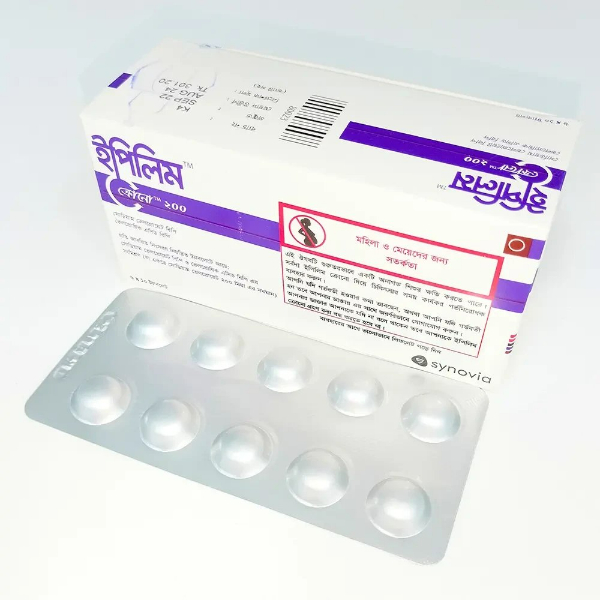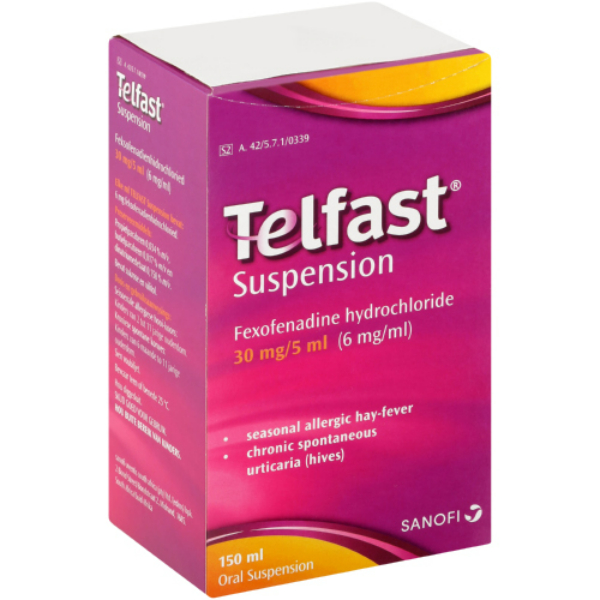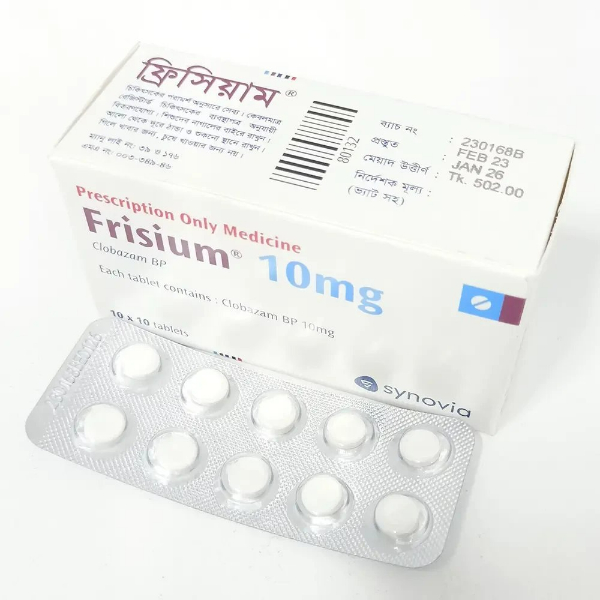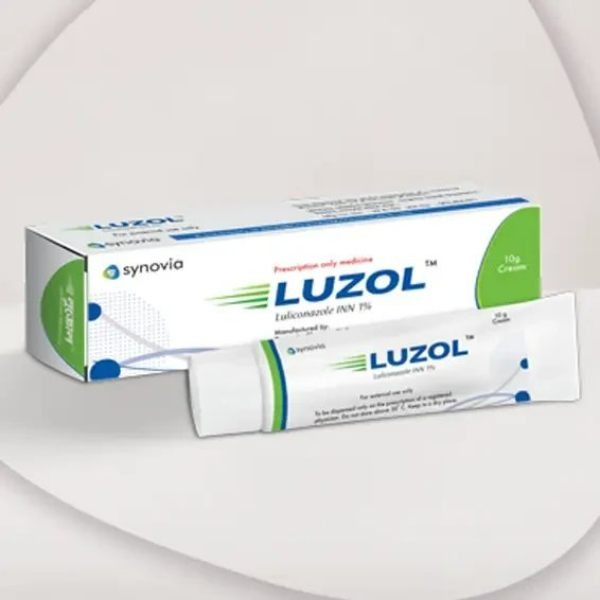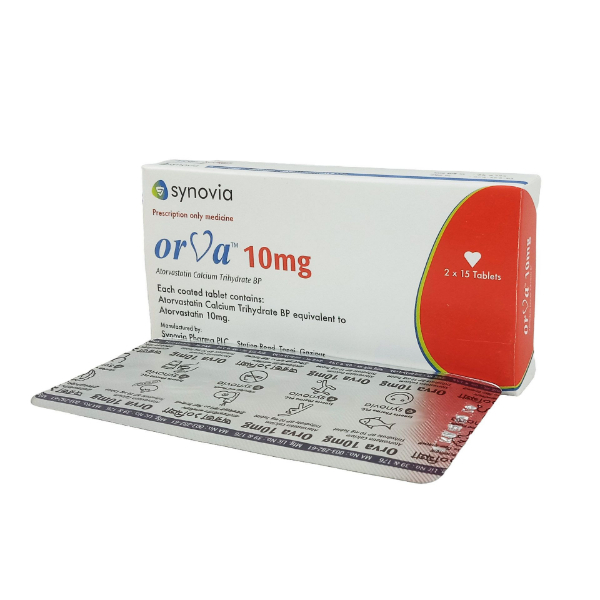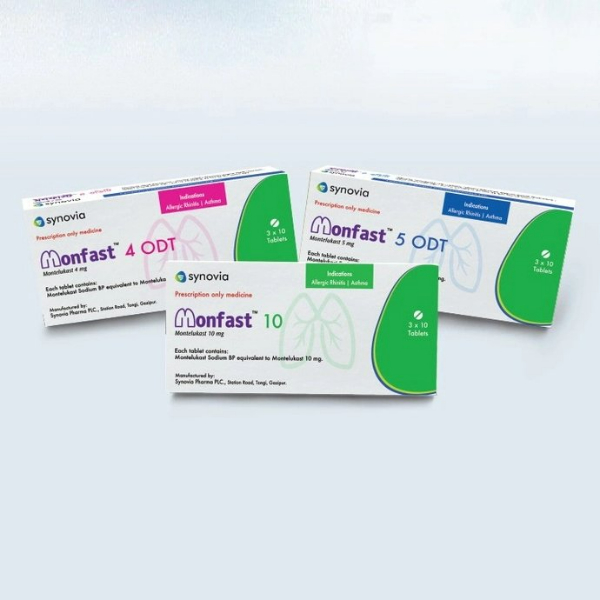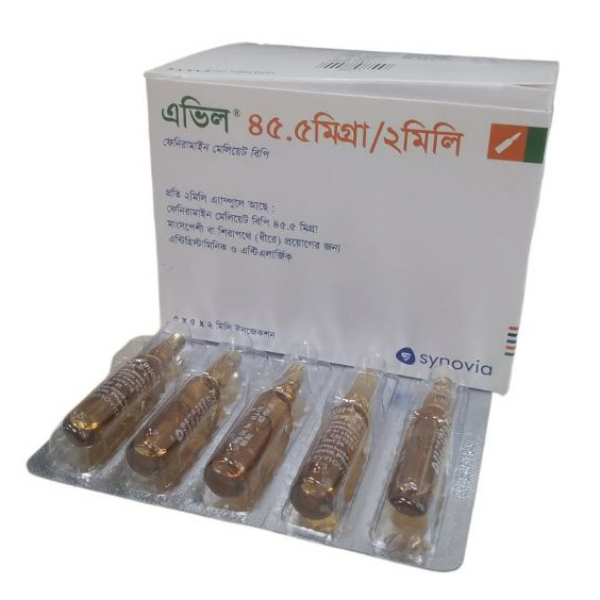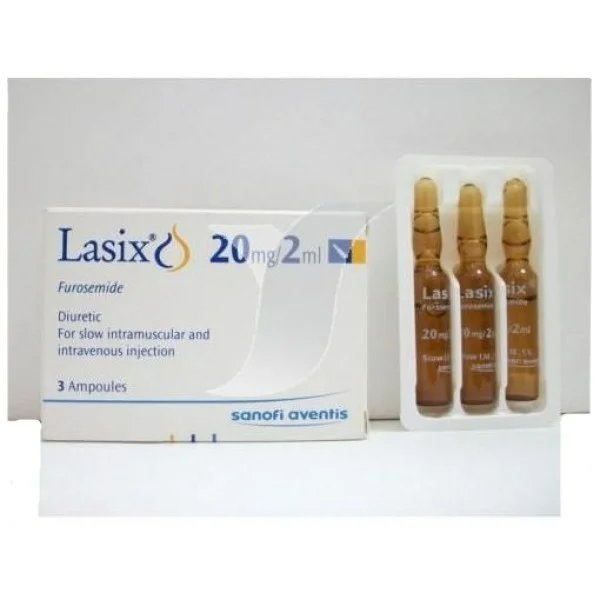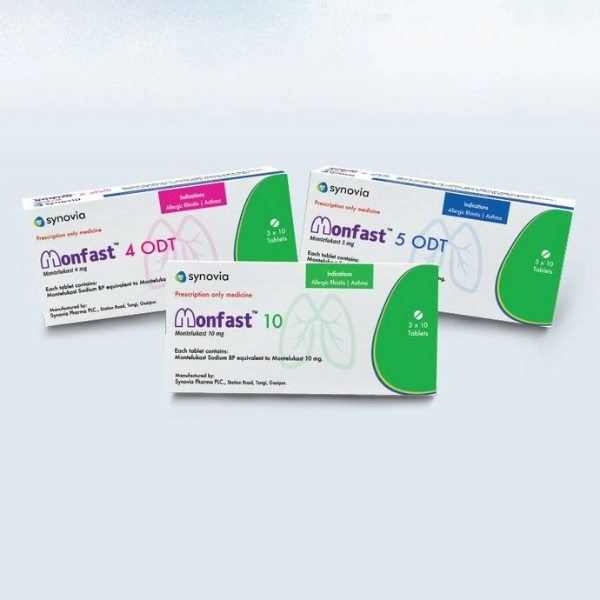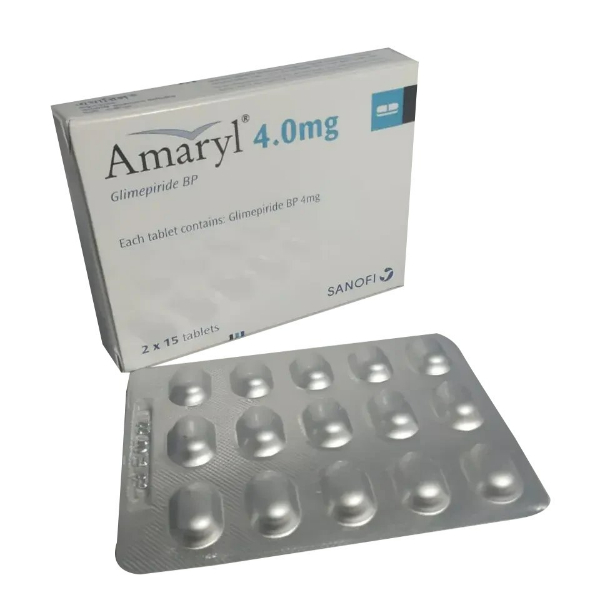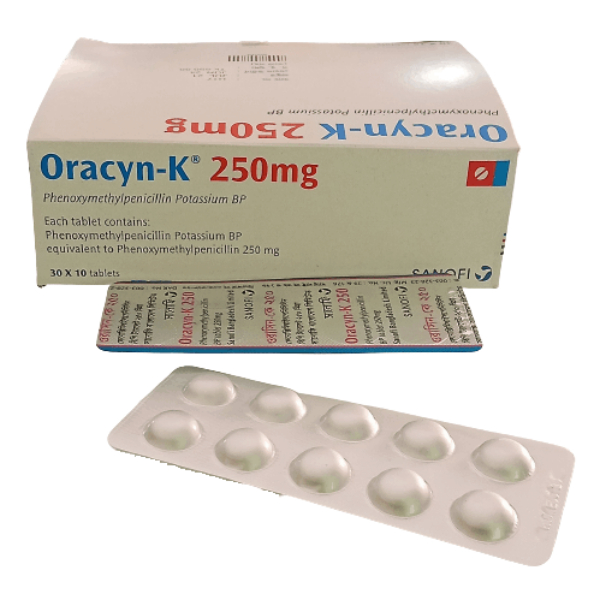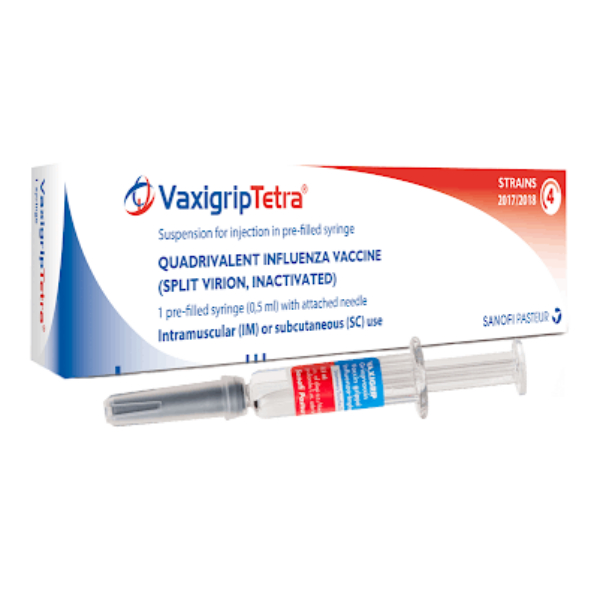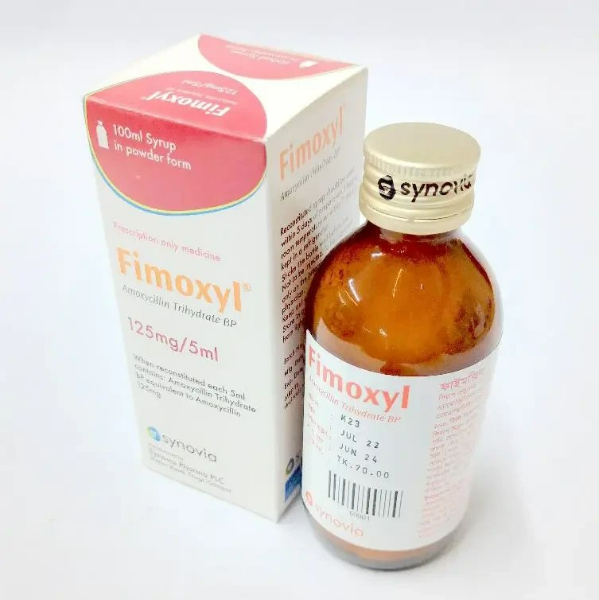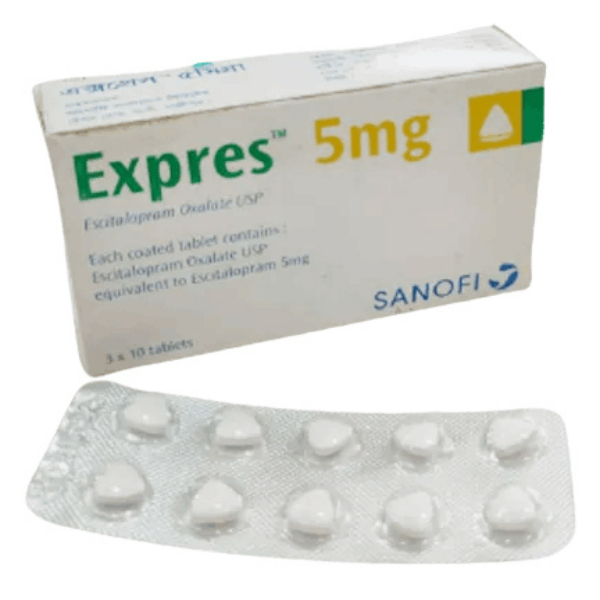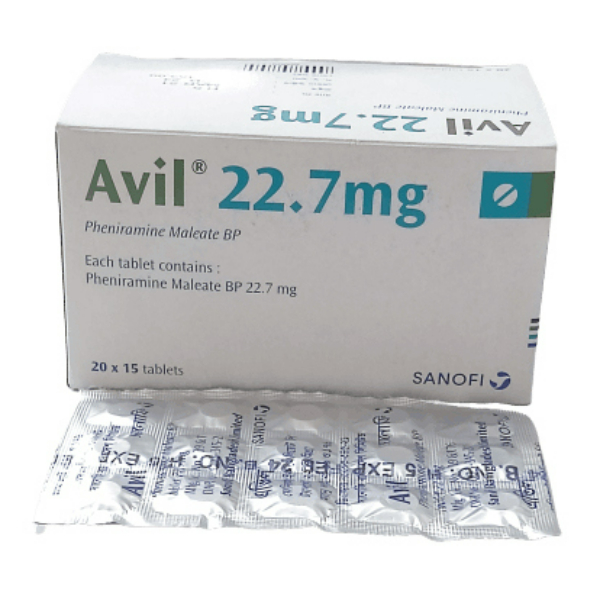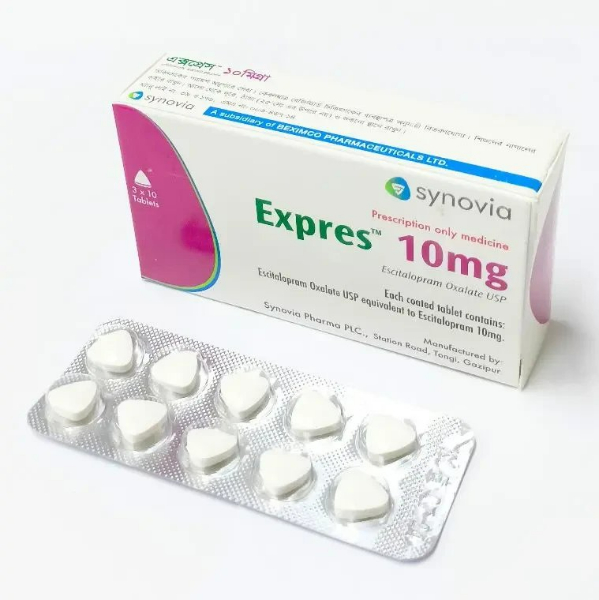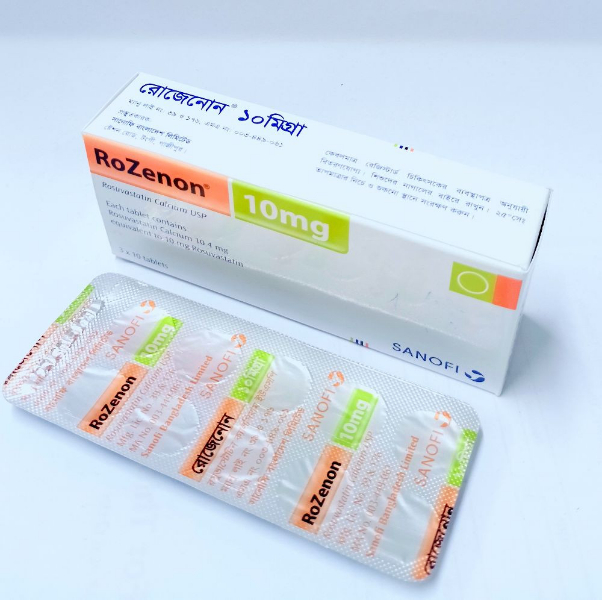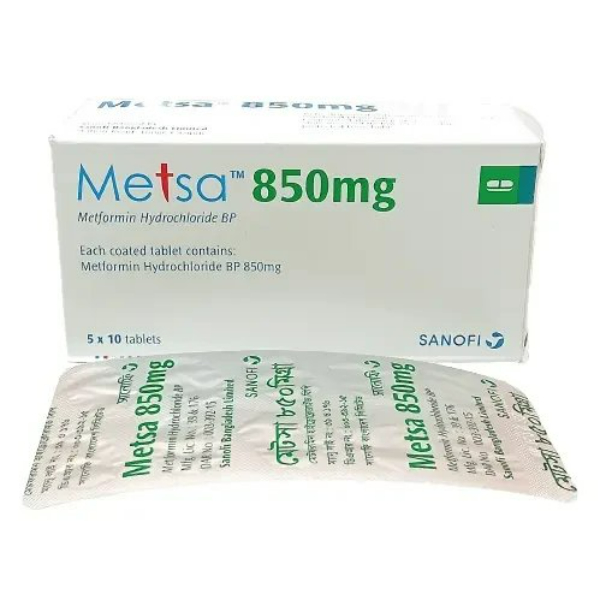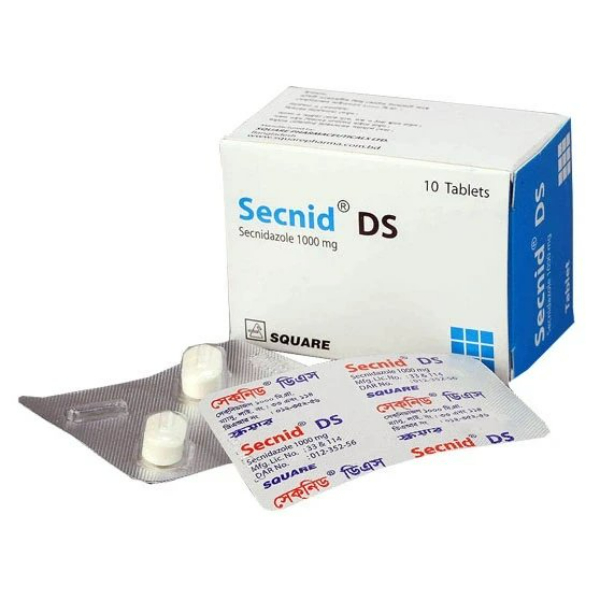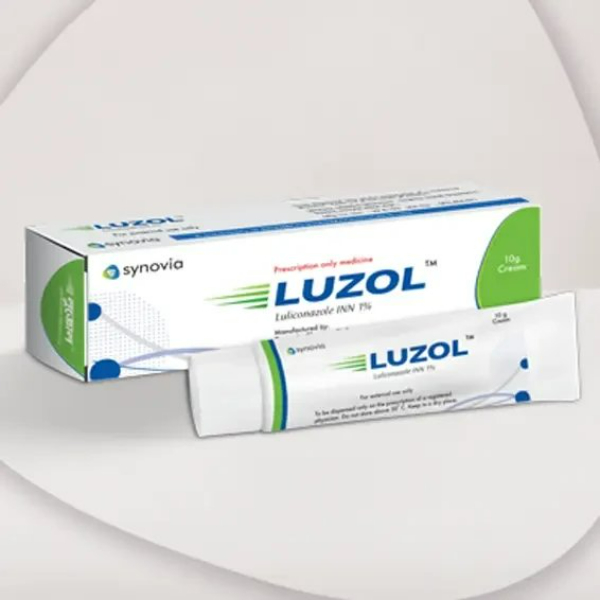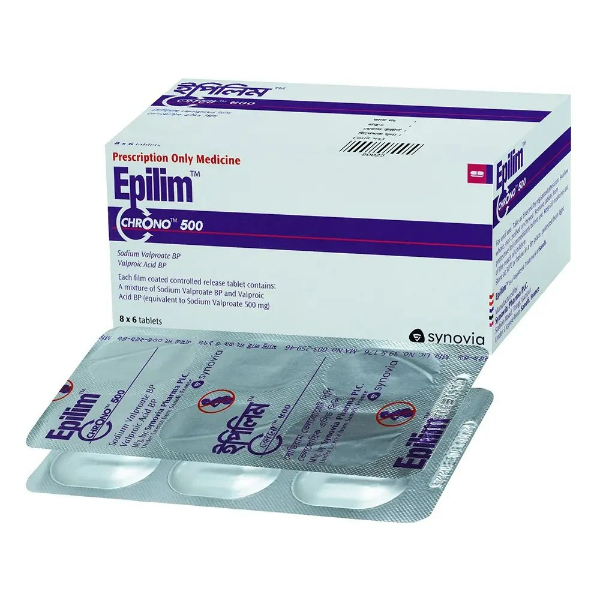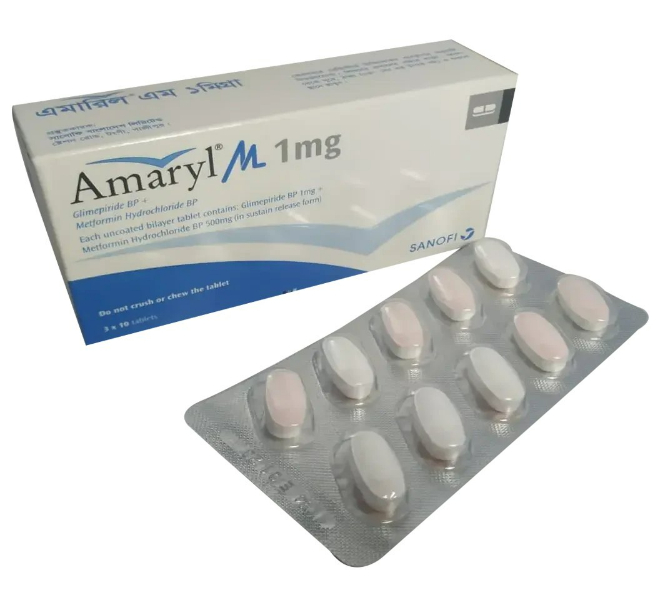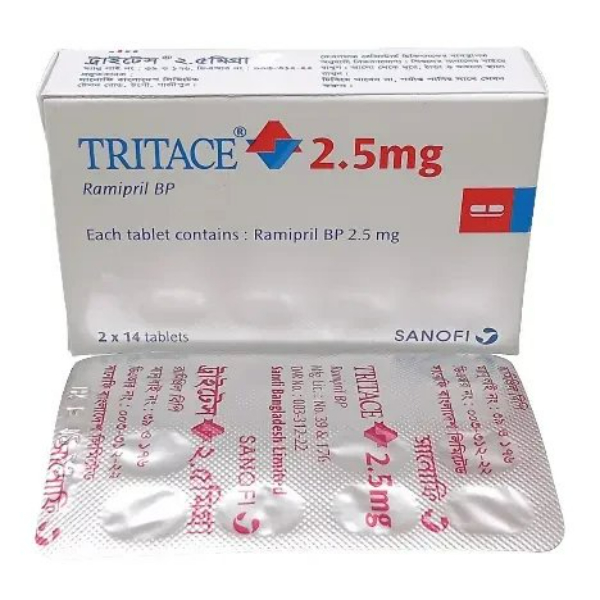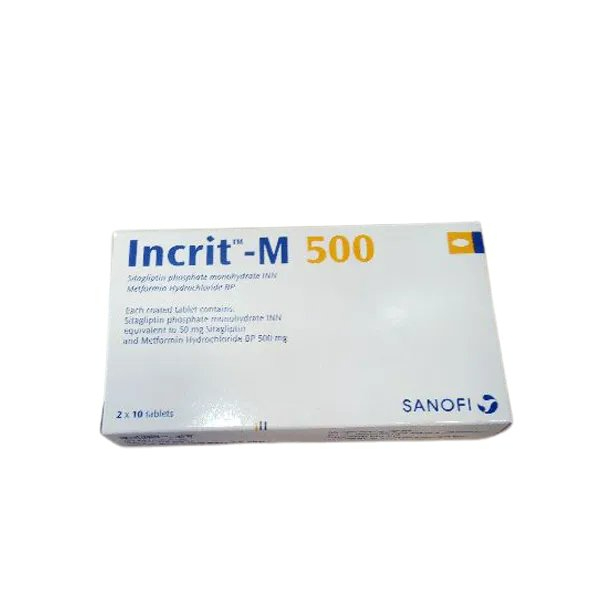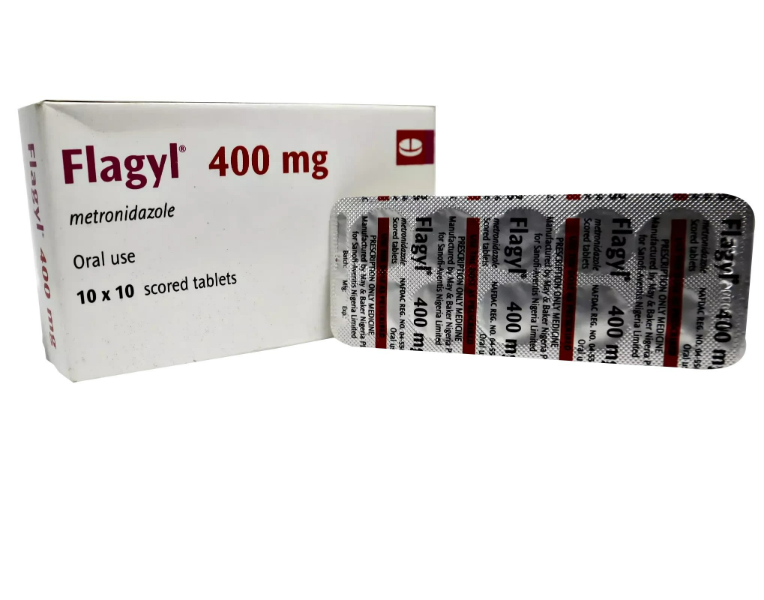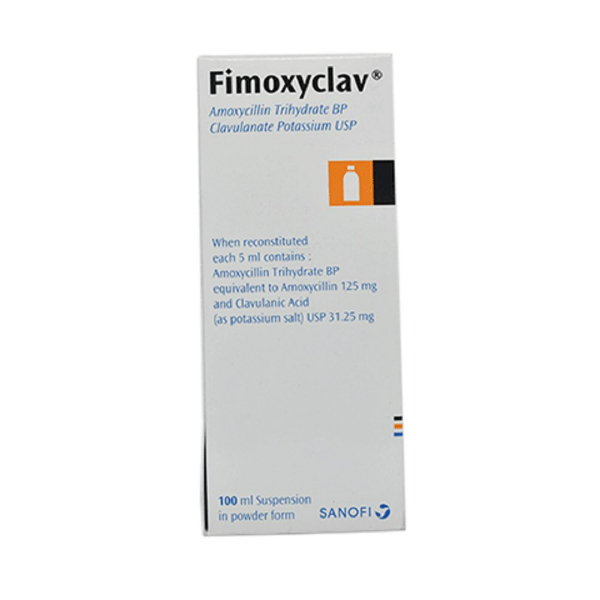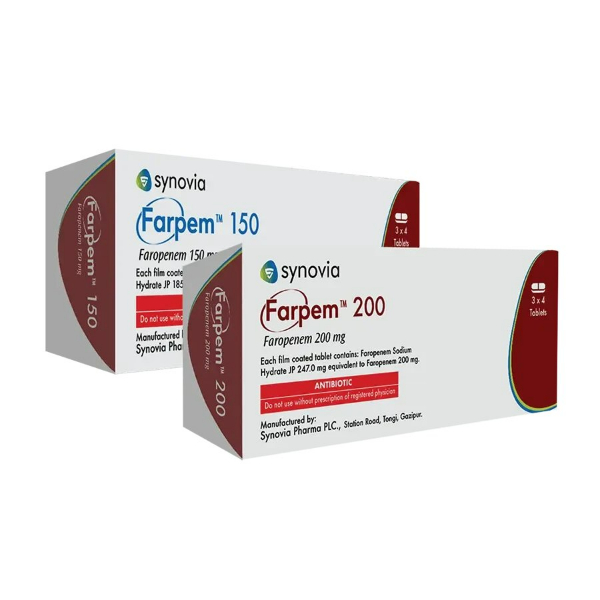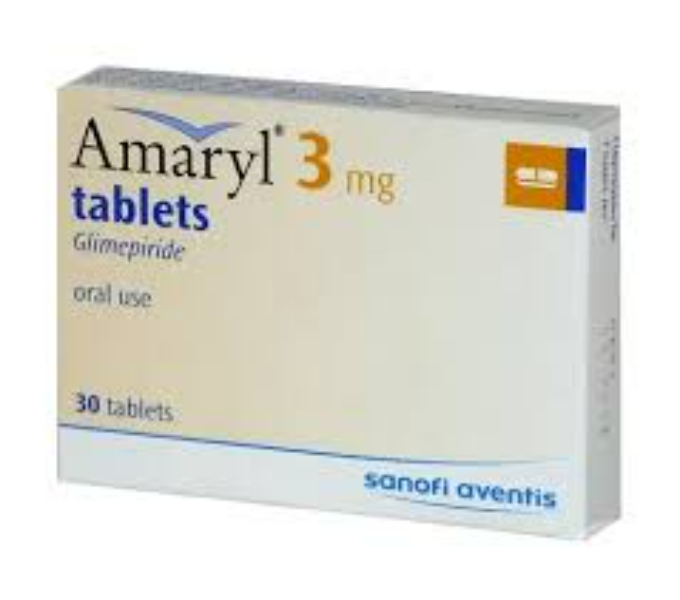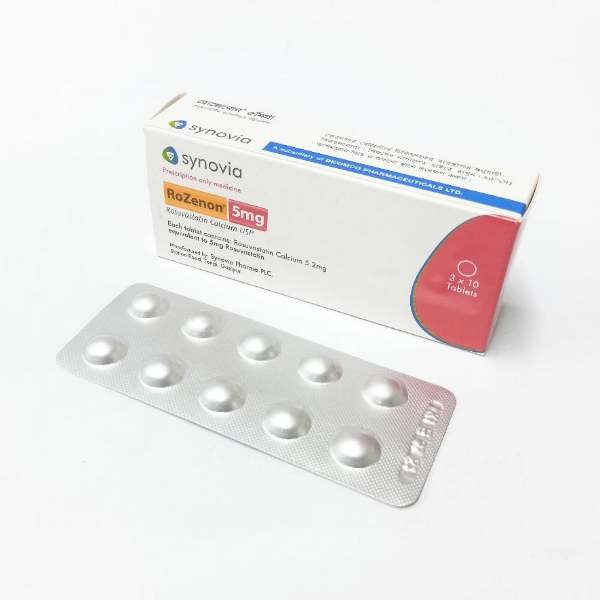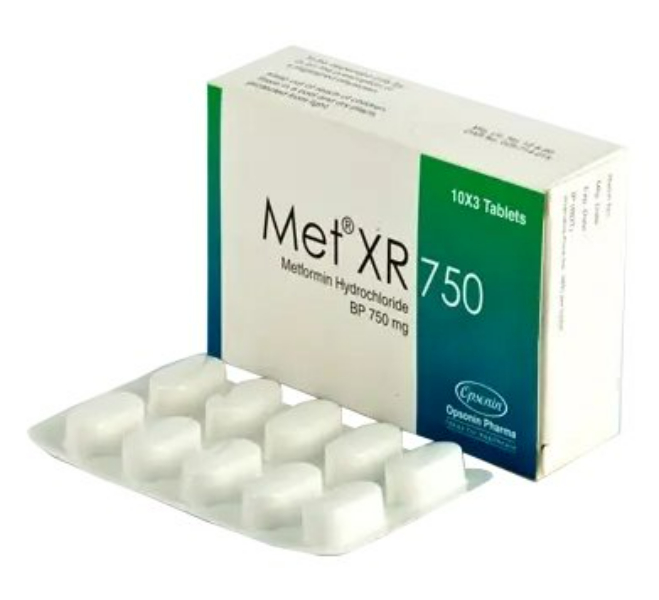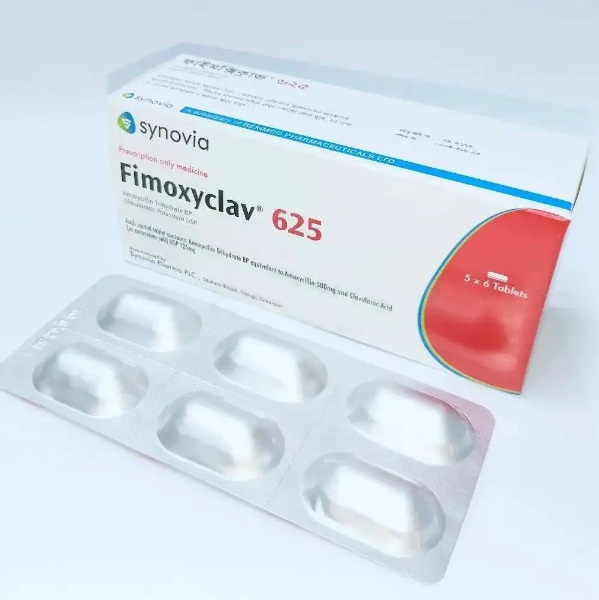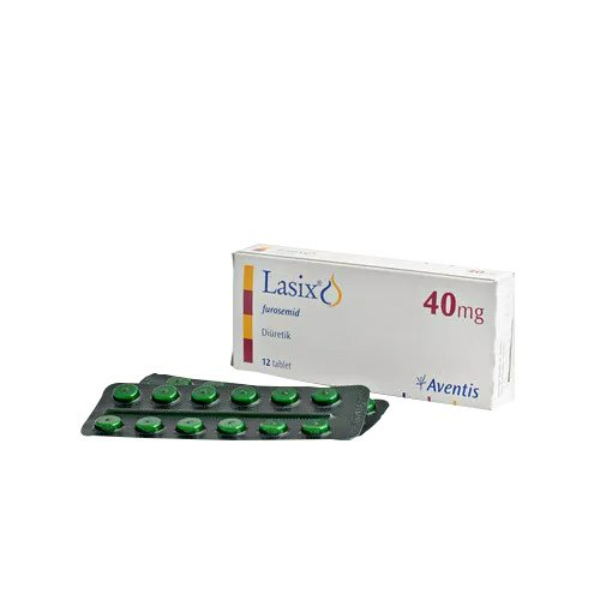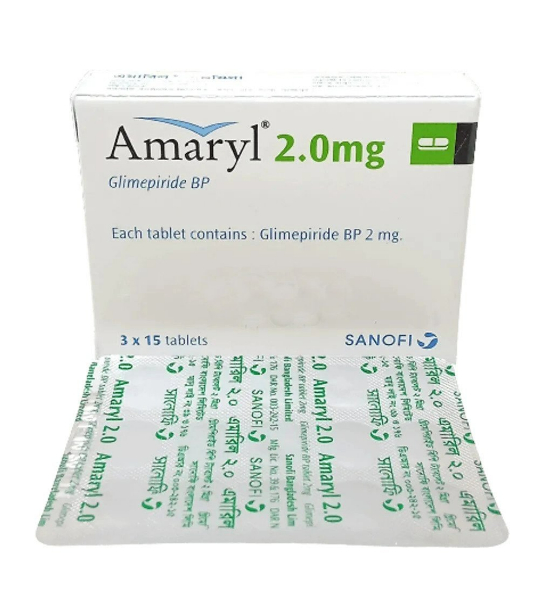Description
• রেজিস্টার্ড চিকিৎসকের পরামর্শ মোতাবেক ঔষধ সেবন করুন
Indications:
-
Used for the management of type 1 and type 2 diabetes
-
Helps control blood sugar levels around meal times
-
Provides effective blood sugar control when used in combination with long-acting insulin
-
Recommended for patients who need rapid insulin for better post-meal glucose control
Pharmacology:
Apidra (insulin glulisine) is a rapid-acting insulin analogue that starts working quickly after injection. It mimics the natural insulin response in the body to regulate blood sugar levels, particularly after meals. It acts faster and has a shorter duration compared to regular human insulin, making it ideal for controlling postprandial (after meal) blood glucose levels.
Dosage & Administration:
-
The typical dose of Apidra is individualized based on the patient's blood glucose levels, the frequency of meals, and insulin requirements.
-
Apidra is usually injected subcutaneously 15 minutes before or immediately after meals.
-
The dose may vary from patient to patient and should be determined by a healthcare provider.
-
Apidra can also be used in an insulin pump for continuous delivery.
-
Always follow the prescribed dosage and monitor blood glucose regularly.
Interaction:
-
Increased Effect: The blood-glucose-lowering effect of Apidra may be enhanced when used with other antidiabetic medications like sulfonylureas, meglitinides, or alcohol.
-
Decreased Effect: Medications such as corticosteroids, diuretics, and beta-blockers may reduce the effectiveness of Apidra.
-
Always inform your doctor about other medications you are using to prevent interactions.
Contraindications:
-
Hypersensitivity to insulin glulisine or any component of the drug
-
Severe hypoglycemia (low blood sugar)
-
Conditions such as diabetic ketoacidosis that require urgent medical attention
-
Pregnancy and breastfeeding (consult your healthcare provider before use)
Side Effects:
-
Most common side effects include:
-
Hypoglycemia (low blood sugar)
-
Injection site reactions (redness, swelling, or itching)
-
Weight gain
-
-
Less common but serious side effects may include:
-
Allergic reactions (rash, difficulty breathing, swelling)
-
Lipodystrophy (changes in fat distribution at injection sites)
-
Hyperglycemia (if insufficient dose is given)
-
Pregnancy & Lactation:
-
Pregnancy: Apidra can be used during pregnancy if needed. Blood glucose control is essential during pregnancy, and the healthcare provider will adjust the insulin dose accordingly.
-
Lactation: Apidra can be used during breastfeeding. However, it is important to closely monitor blood glucose levels to prevent hypo- or hyperglycemia.
Therapeutic Class:
Rapid-Acting Insulin Analogues
Storage Conditions:
-
Store Apidra in the refrigerator (2°C to 8°C).
-
Do not freeze.
-
After opening, the vial or cartridge can be kept at room temperature (below 30°C) for up to 28 days.
-
Keep out of the reach of children.

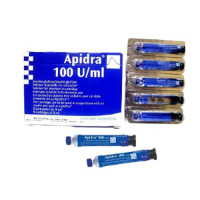
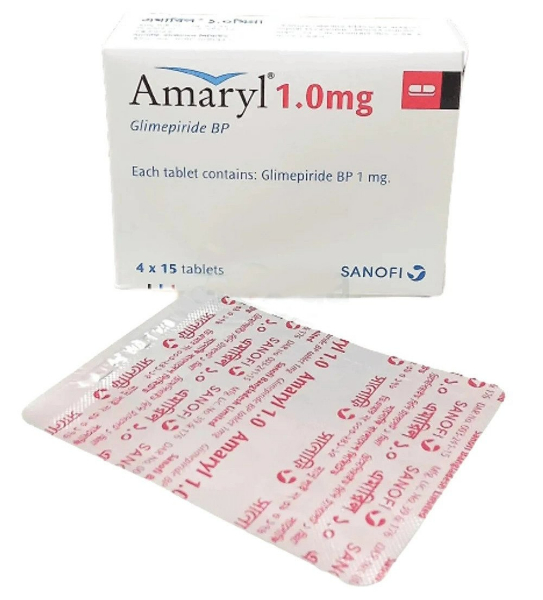
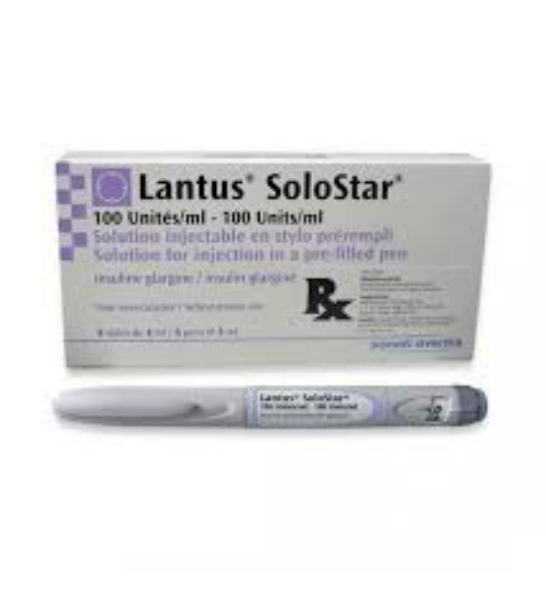
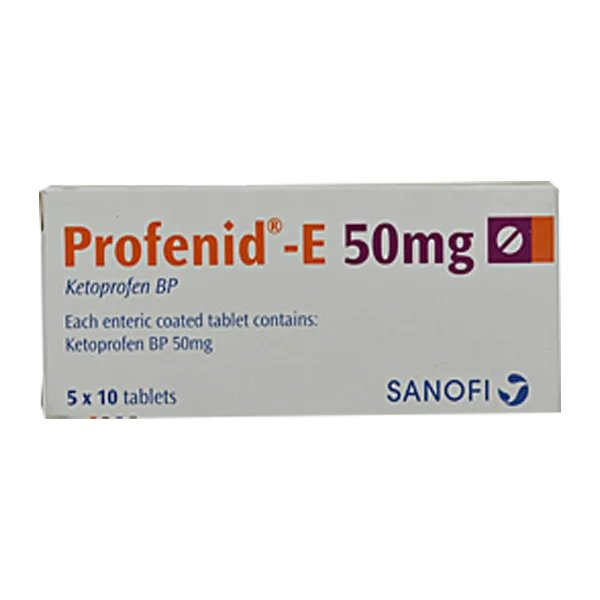
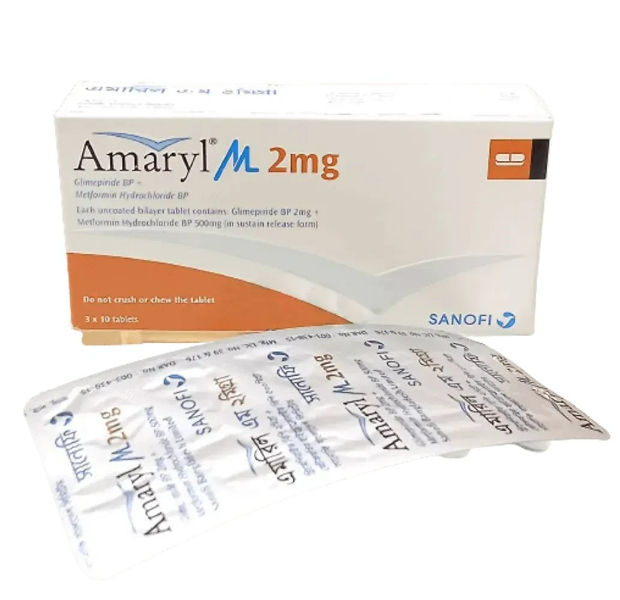
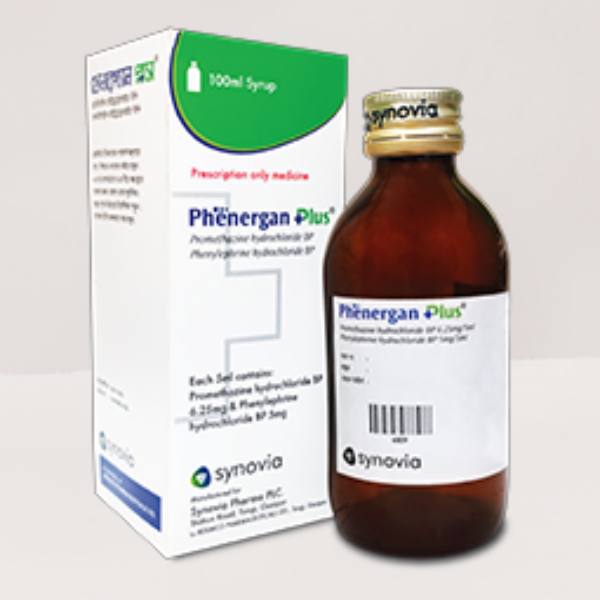
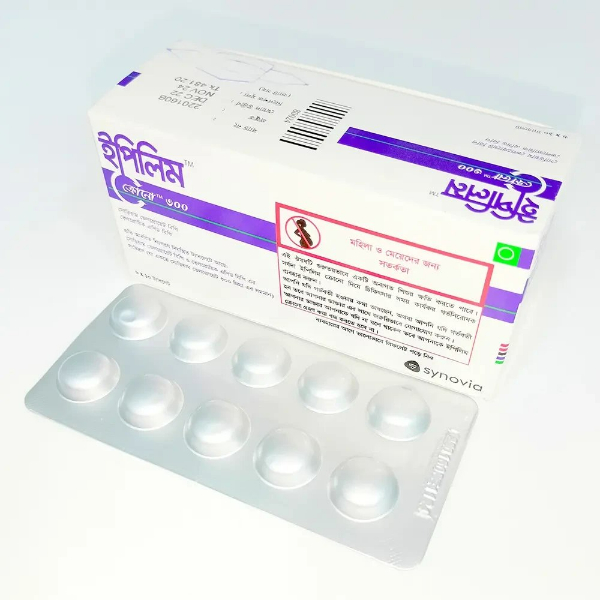

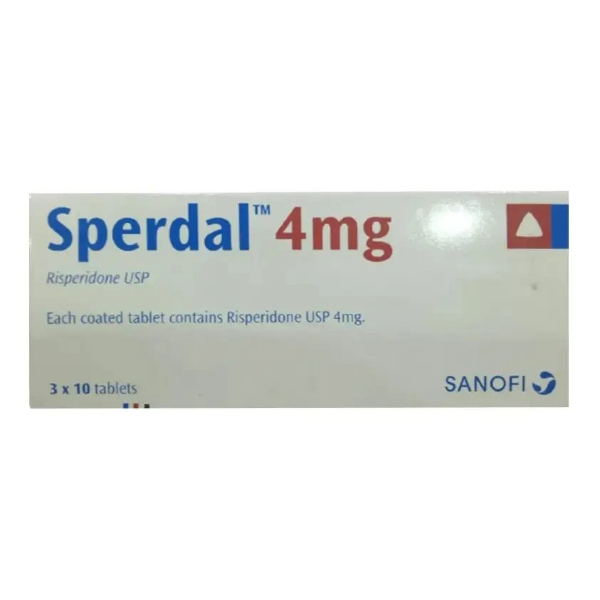
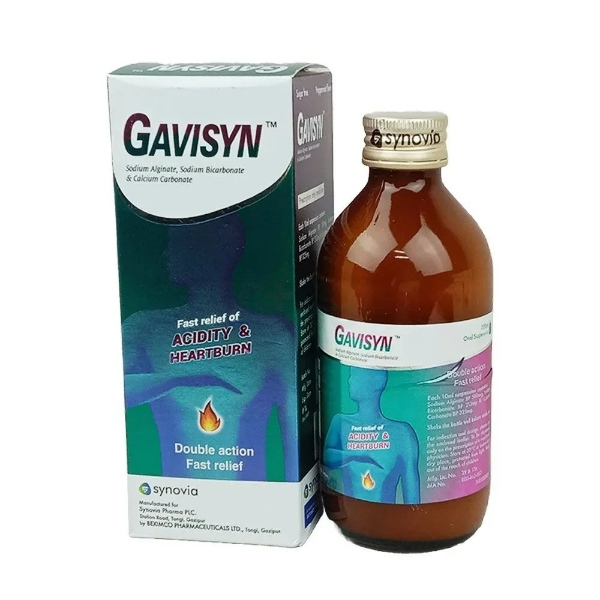
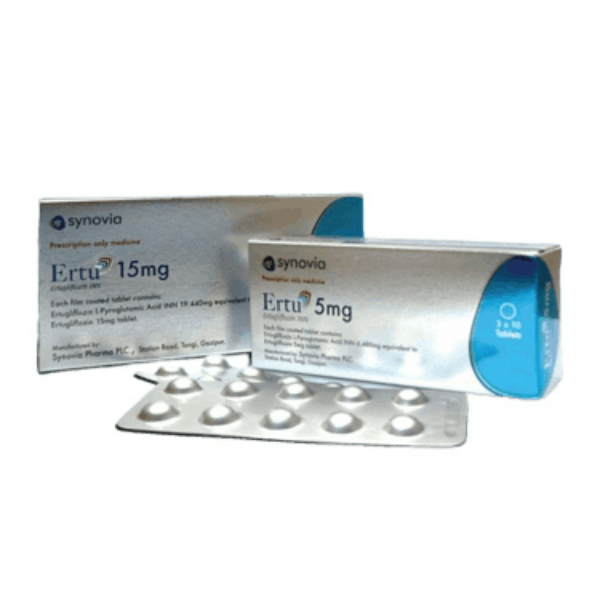


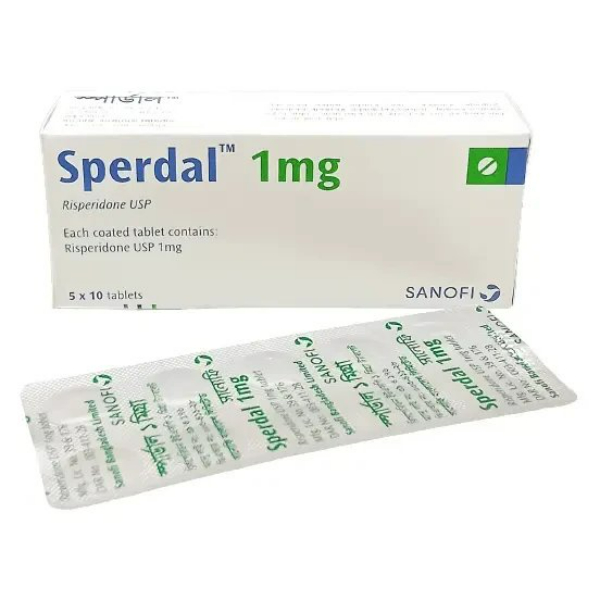
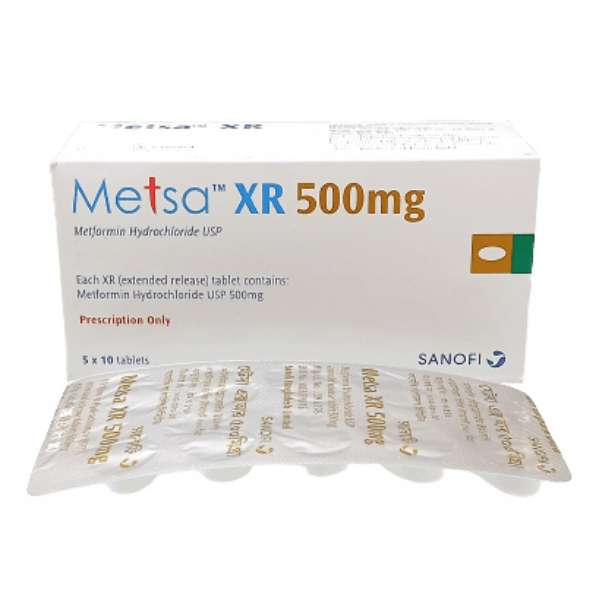


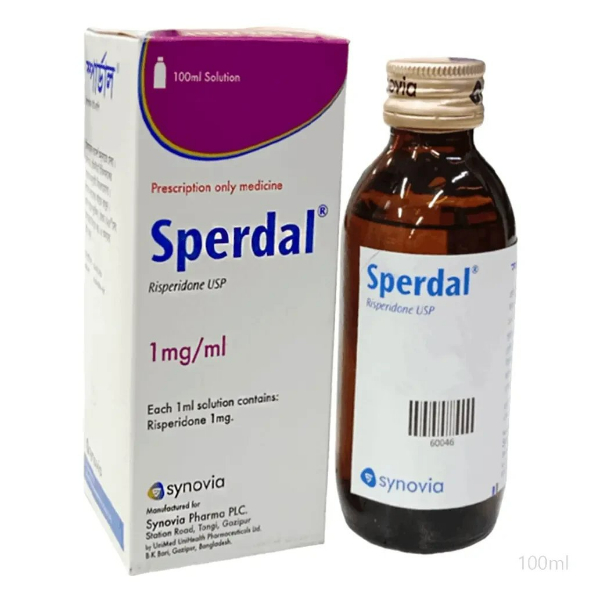
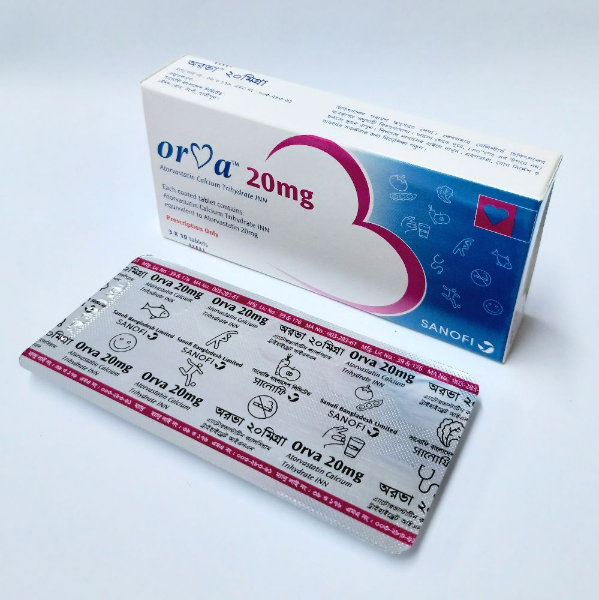
.jpg)
